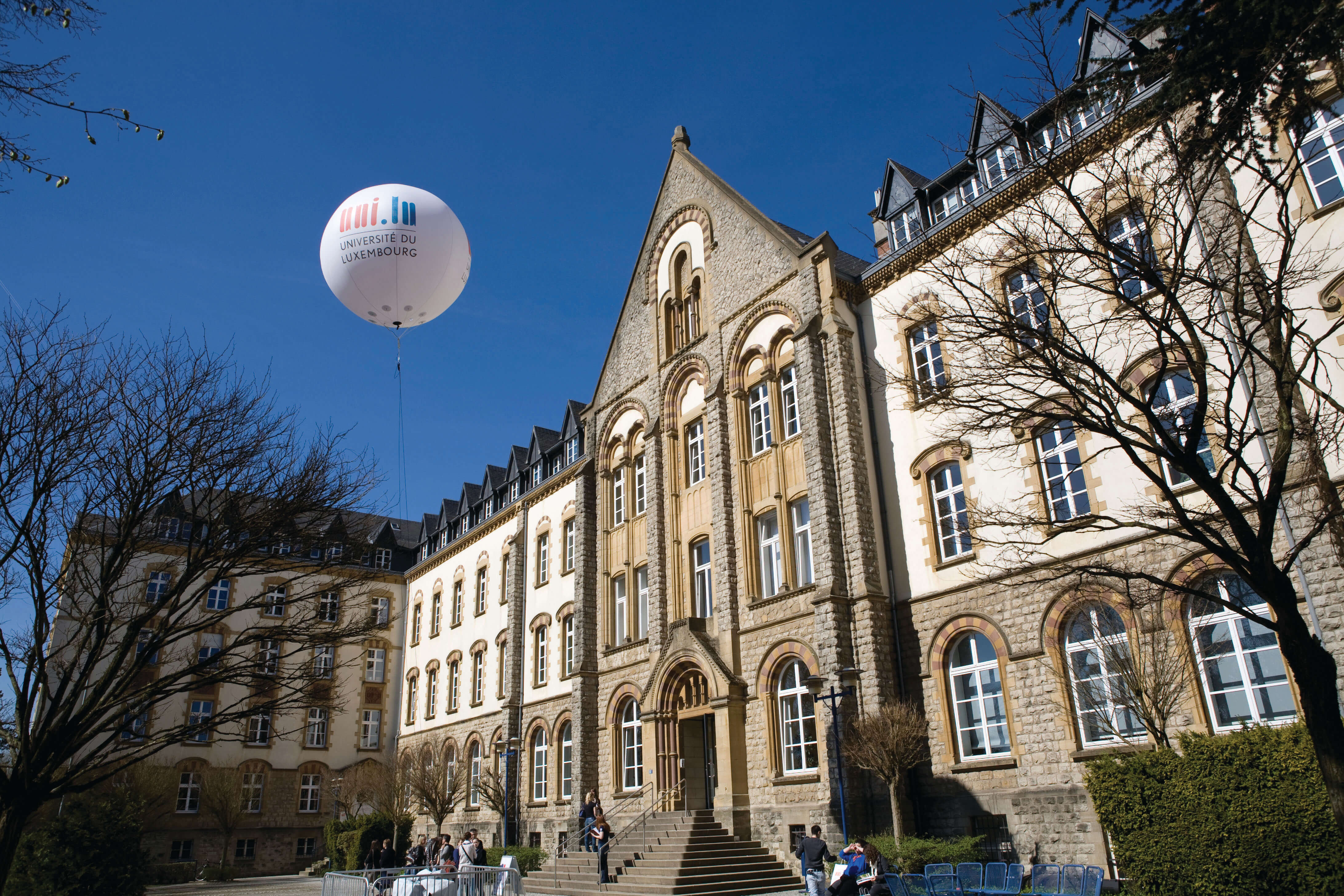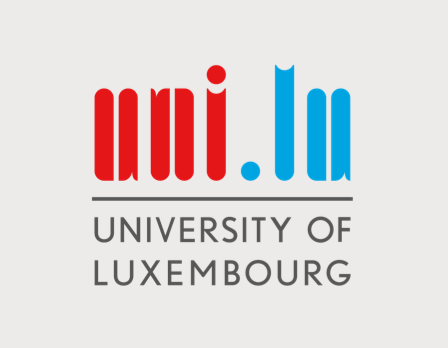The world knows it as the financial hub of Europe, so it comes as no surprise that Luxembourg is also a pioneer in the field of sustainable finance. Its economy is used as a model in the Paris Agreement. It started the Luxembourg-EIB Climate Finance Platform to mobilise climate change projects. It launched the Luxembourg Green Exchange — the first global stock exchange platform for green, socially-responsible securities.
Experts are therefore anticipating a growing demand for finance professionals in the near future, particularly those who prioritise responsible, sustainable practice. To support this, the University of Luxembourg has introduced the Sustainable Finance track in its popular MSc in Finance and Economics programme. “Luxembourg is already a leader in this area, notably in sustainable investment funds and green bonds. However, sustainable finance will ultimately touch upon all financial products and aspects of saving and investing,” opines programme director Prof. Christos Koulovatianos.
He believes markets and governments must work together to finance green investments, elaborating, “This synergy needs the development of a private sustainable finance industry that will design appropriate financial instruments and promote low-risk financing of sustainable products innovation. Developing a critical mass of trained experts on Sustainable Finance is the key infrastructure ingredient for promoting this new area of private financial markets.”
Learning from the best, to be the best
Developed by academics and professionals, this track is designed to encourage engagement. “Students of this track will proactively and critically engage with case studies, green products, risk methodologies, reporting systems, and practical solutions adapted by financial institutions in the area of sustainable finance and investment,” Professor Koulovatianos says. Learning is guided by skilled instructors eager to impart their knowledge and drive further impact. They have experience managing and modelling sustainability risks, performing ESG (environmental, social, and governance) due-diligence of investments, and developing strategies for public and private institutions.
Expect to deepen your practical knowledge of risk and opportunity through the lens of sustainability while refining your application of financial theory. Students enter the Sustainable Finance track in the second year, where they study five core courses with electives, then choose to do a thesis or internship. Luxembourg is the perfect place to pursue either project; you will be well situated to explore a myriad of opportunities, thanks to the university’s wide network in academic and industry circles alike.
Since it aligns with national goals, the Sustainable Finance track also receives government backing in the form of support from the Ministry of Finance and the Ministry of Environment, Climate and Sustainable Development. They reinforce the Chair and research project in Sustainable Finance, which advances cutting-edge research, develops high-quality teaching and certification programmes, and promotes Luxembourg as the sustainable finance services hub of not just Europe, but the world.

Source: University of Luxembourg – Faculty of Law, Economics and Finance
Sustainable finance is the way forward
Climate change is inextricably linked with sustainability issues of today; we cannot confront one without the other. Neither should we undermine the role that global financial systems play in shaping a more sustainable world. This is why sustainable finance is the way forward.
The experience gained studying in this track can be translated into several rewarding careers. You could join an Enterprise and Finance Risk Management (EFRM) Department, for instance; banks require knowledgeable practitioners to perform and validate climate change stress testing. Each graduate of this track would possess the right qualitative skills and relevant insight for this job scope. Besides that, you could also become a financial inspector who performs onsite inspections and regulatory checks on the sustainability of banks.
Perhaps you’ll find your place in governance instead. Banks also need experts who can effectively integrate ESG factors with their core strategies. The aim? To save costs, gain clients, and address reputational risk. Alternatively, you could put your sharp eye for sustainability to practice as a credit analyst. Expertise in due diligence and assessments are indispensable in this field, especially enriched by a graduate’s improved knowledge of environmental and social risks.
Regardless of their diverse career goals, every sensible dreamer who pursues this track equips themselves to face the future world of finance. Are you ready to embrace a sustainable global economy? Join the next intake in September 2021, and visit the official website for information and enquiries.
Follow the University of Luxembourg’s Faculty of Law, Economics and Finance on Facebook, Twitter, and LinkedIn.













